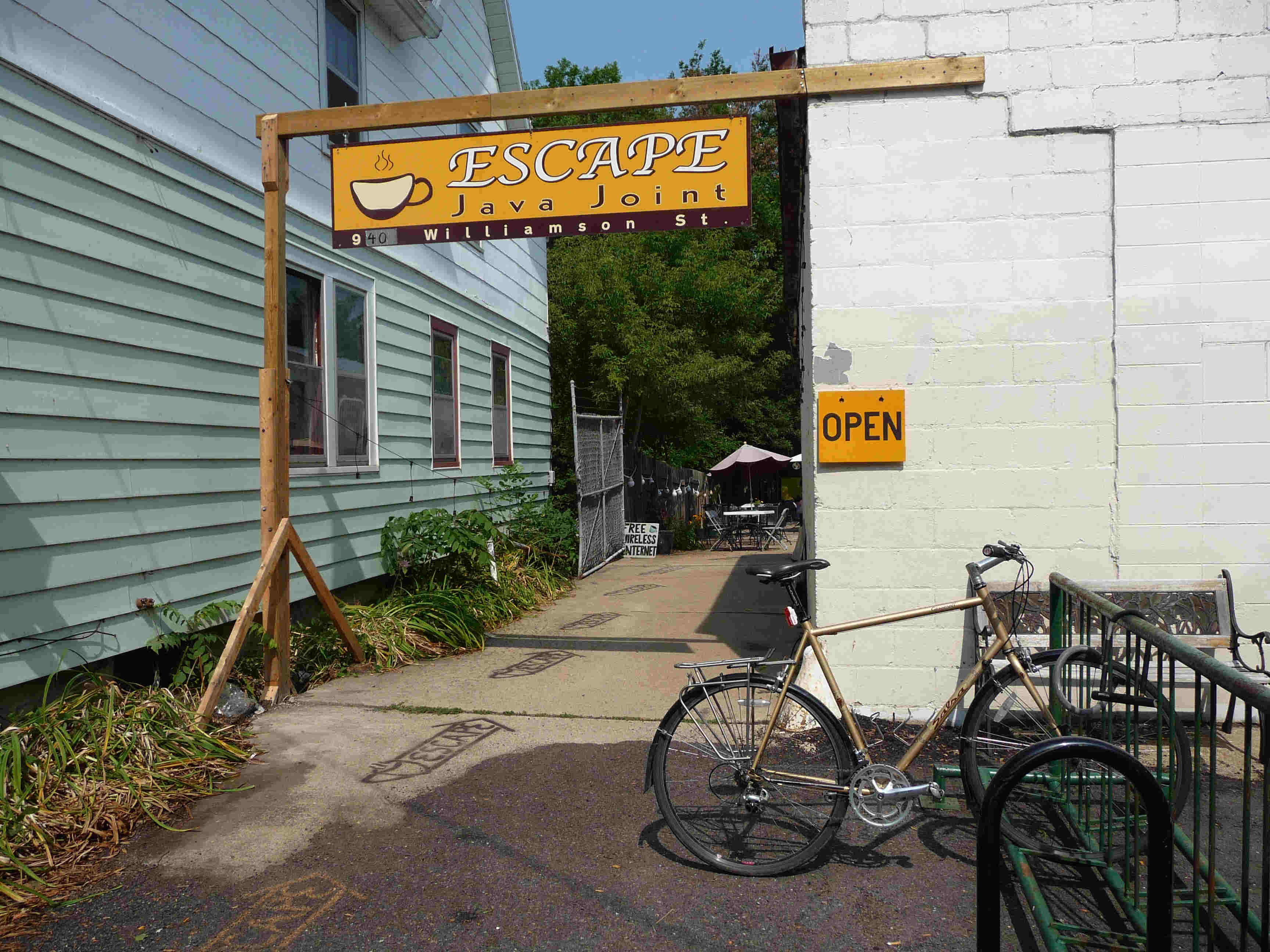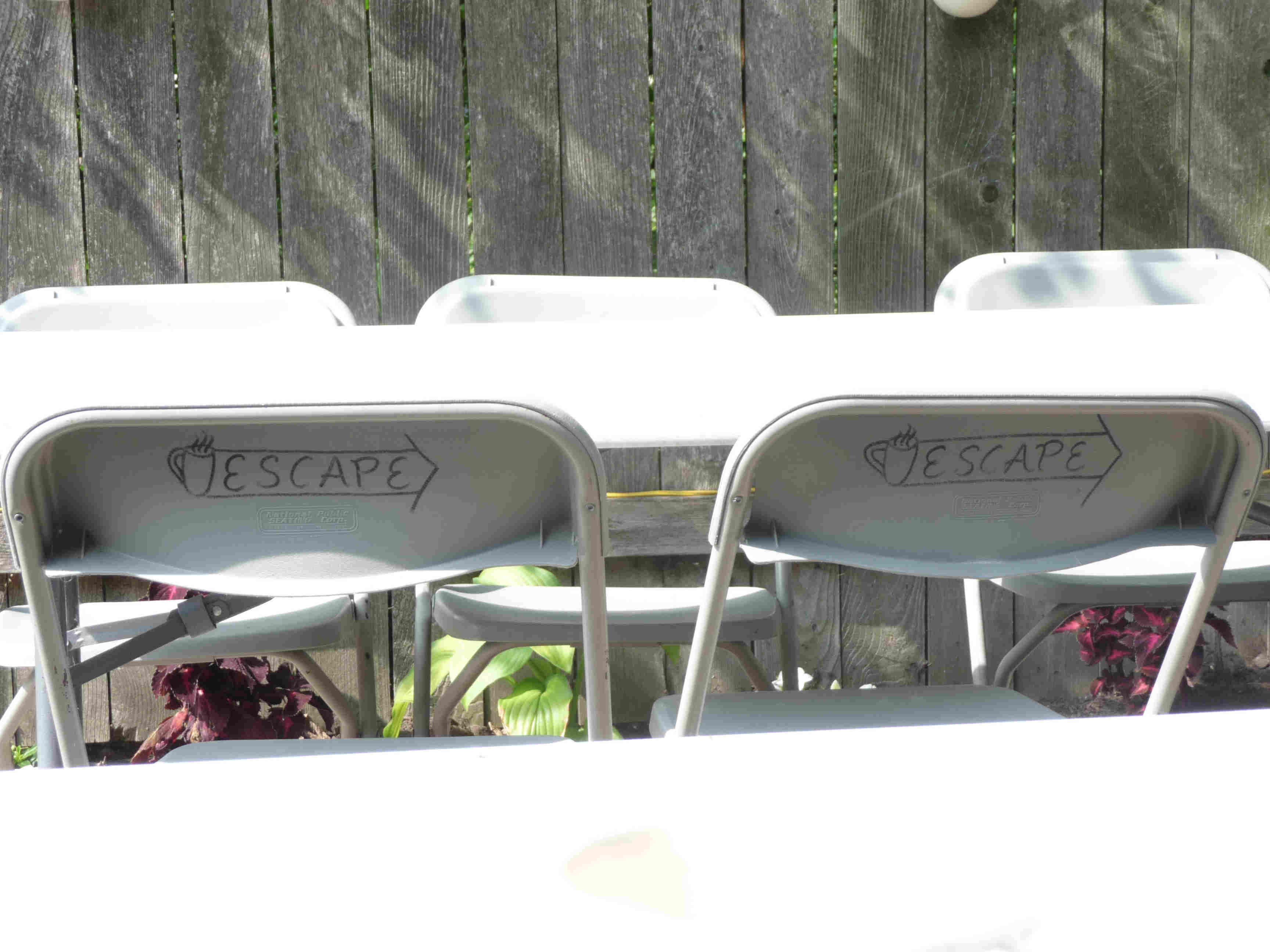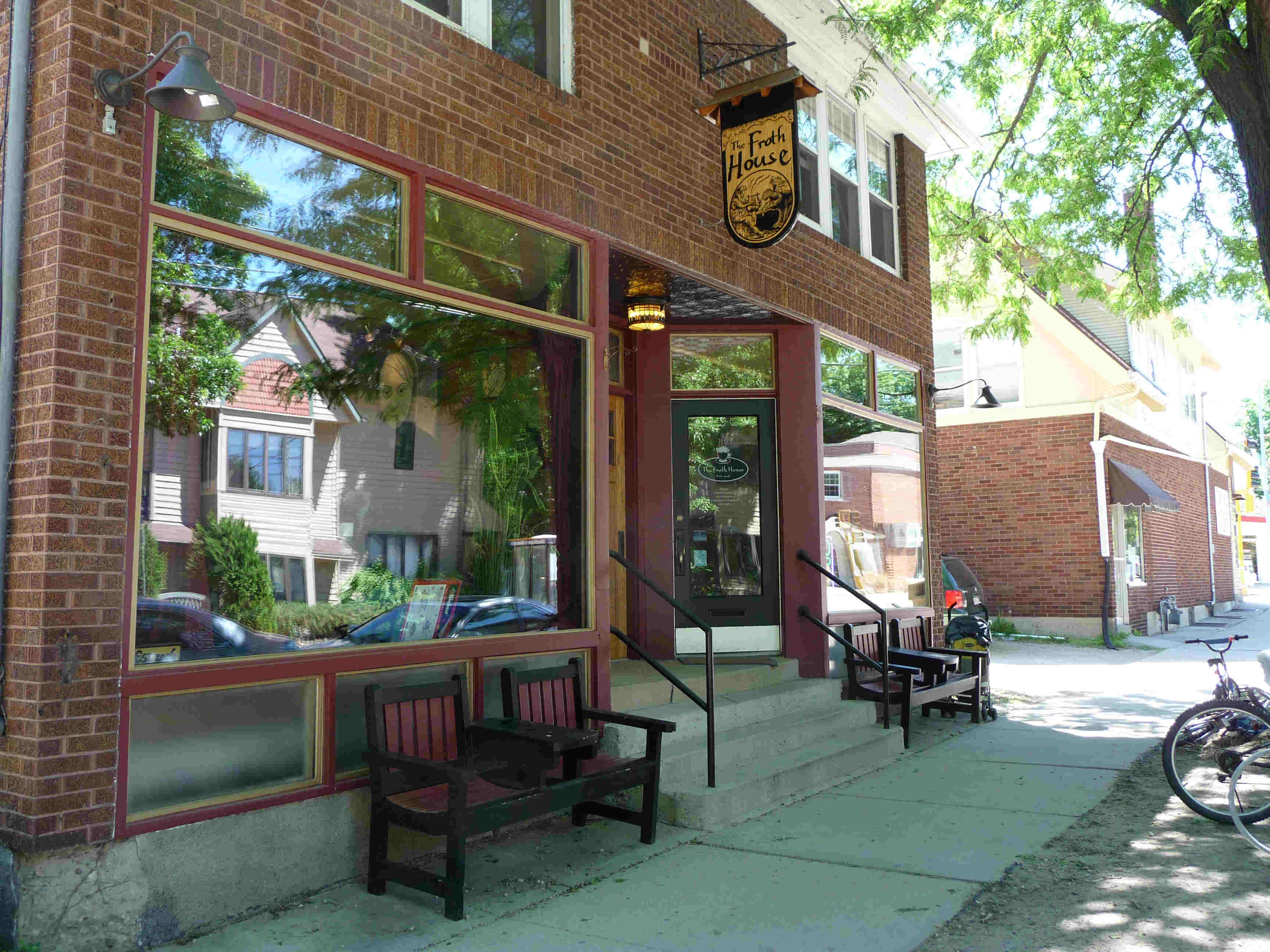Some might answer the above question like an evolutionary biologist; the purpose of a transit system is to maintain its strength and grow. This at least seems to be the sort of perspective that is creeping into the debate about how to close a budget gap for the DC metro. Although it is very refreshing to see fare increases be the main strategy, many of the proposals from transit advocates in the area are centered around methods that take advantage of captive customers who are very unlikely to leave the system even with substantial fare increases.
The two main proposals that exhibit this property affect commuters to the city center (up to $0.50 surcharge during peak commuting time) and tourists, along with those who must pay with cash, (with surcharges for paper fare cards – frequent riders typically have a permanent credit card type fare card that would not be affected). The thinking behind these disproportional increases is quite simple; these sorts of people are very unlikely to change behaviors after fare increases and therefore metro can charge them more without losing ridership.
Is it wrong to charge disproportionate fees? Not exactly. The problem here is not the disproportionate fares themselves; this is done all the time in an effort to change people’s behaviors to more pro-social options. For instance, you might increase parking fees in an area with the hopes that people will take public transit instead (this might make sense if cars often clog the city center); however, the intent in such a case is totally different from the current case. It is hoped in the current case with metro that people won’t change their behaviors. Otherwise these extra fees would not raise the needed funds.
I’m not against most of the proposals that include fee increases but it is important to maintain a just (an ethically justifiable) distribution of burden. Something radical needs to be done but many transit advocates seem to have lost sight of the actual purpose of any mass transit system, building a just city. We can take advantage of the circumstances of some so that they carry a disproportionate burden but this sort of strategy is certainly wrong. After all, models of consumer elasticity can’t tell us what sort of values we should have.




